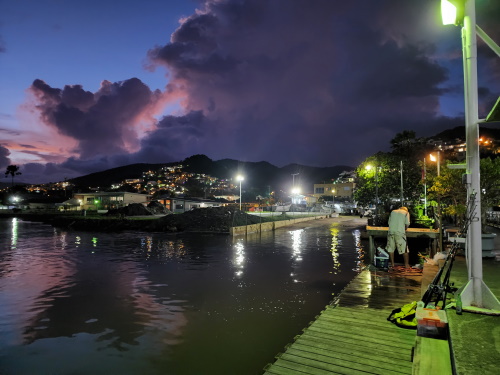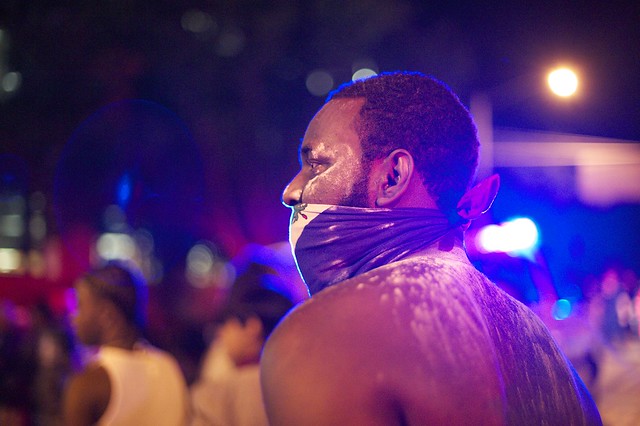
There are times I truly wonder about the Caribbean region. It seems that the world spins more slowly in this little equatorial region, seemingly immune to advancements that aren’t at least 20 years old. As more people travel from the region to other parts of the world, they see it too.
It’s peculiar to watch world events unfolding, with advances in science and technology, where people from the Caribbean or with Caribbean roots play their role. Their nations are quick to claim them, though for the most part these achievements were individual. They’ll show up in local newspapers from time to time, a beacon of hope for the youth who have hope and an insult to those who don’t.
Which have hope? Which do not? I cannot say. To have hope is a strange curse in some ways, to be able to find ways beyond the curtailment of one’s socioeconomic position. To have hope is to dream, and while the Caribbean is a place many dream of visiting, so many times I have seen dreams die beneath the wheels of the corroded wheels that colonial powers left behind. Yet there is hope.
These individuals navigated beyond the shores of land masses in the equatorial regions of the Western hemisphere to find their shoulders against larger wheels, but not alone. They are part of a group of people that work together, though sometimes it does not seem that way, to press forward and impress upon the future the sculpture of a collective dream.
And then, those left behind, the masses, must look to them to claim vicarious success.
This does not differ much from the others from around the world who do the same. Yet, one does not truly understand the level of effort it takes to get past the escape velocity of the Caribbean’s inertia. I have seen it. I have done it, too, but my escape velocity was easier because of the accident of geography of my birth, but I know what it takes, I have seen what it takes, and I also know that what it gives sometimes is a fleeting fame in a local newspaper riddled with myopia of Caribbean bureaucracy.
On Saturday, perusing a newspaper someone left at a coffee shop, I came across this.

The jokes write themselves. This was my introduction to Roosevelt Skerrit, the CARICOM Chairman. It’s unfair, so I ask he not be judged by this unfortunate article. The meat of the article could easily have become about buying local, but I sense that he most emphatically expounded those fake eyelashes.
It’s not a bad hook, really, but I’d suggest it was a misguided hook.
My immediate thought was that there must be a lot of fake eyelashes in Dominica, which must be a real liability during hurricane season – but I know women from Dominica, and not one of them I know wore fake eyelashes that I could tell. Maybe the escape velocity of Dominica costs fake eyelashes. But when you drill down to his point – which the headline distracts from – we get to some interesting issues.
He’s talking about how men rob, steal and kill to maintain high maintenance women. This, coming from any politician, is at best mildly amusing, but if we can get past that the headline attacks the women for buying fake eyelashes, his point is that high maintenance women indirectly cause crime because men have to maintain them. He did not make the point, maybe that it’s because men feel they need to maintain them.
Let me tell you a secret, my fellow men, and ladies, I don’t care if you hear: You don’t need high maintenance women. That should be the crux of the message to men, and that it has to be repeated after millenia of we men going after high maintenance women tells us that it’s not likely to change any time soon. He didn’t talk about the media glamorizing high maintenance women (whose ass broke the Internet?), he didn’t talk about the media glamorizing supporting high maintenance women as some twisted rite of manhood. That battle has been lost, Pandora long escaped, because it’s an unfortunate aspect of human nature.
Women who want powerful men are taught to use their assets, and men are taught to get women with such assets they must be powerful. The question is really about what is considered ‘powerful’, maybe, and politicians as a group make the case for this more visibly than criminals, where there is a difference between the two.
Speaking for myself – I’m beginning to wonder exactly how many fake eyelashes it will take to change an economy, or reduce crime. Or start a hurricane. Or stop one.


